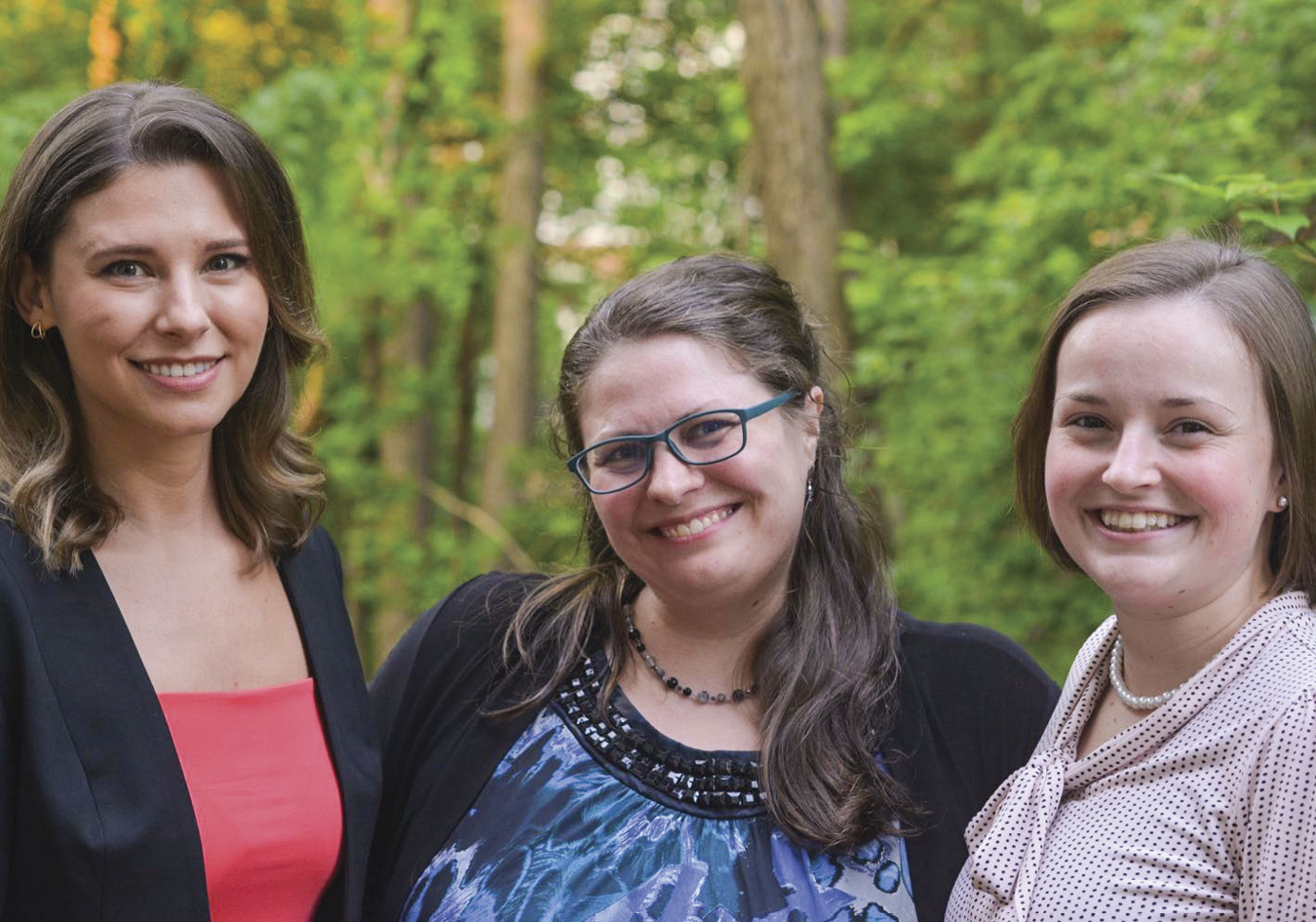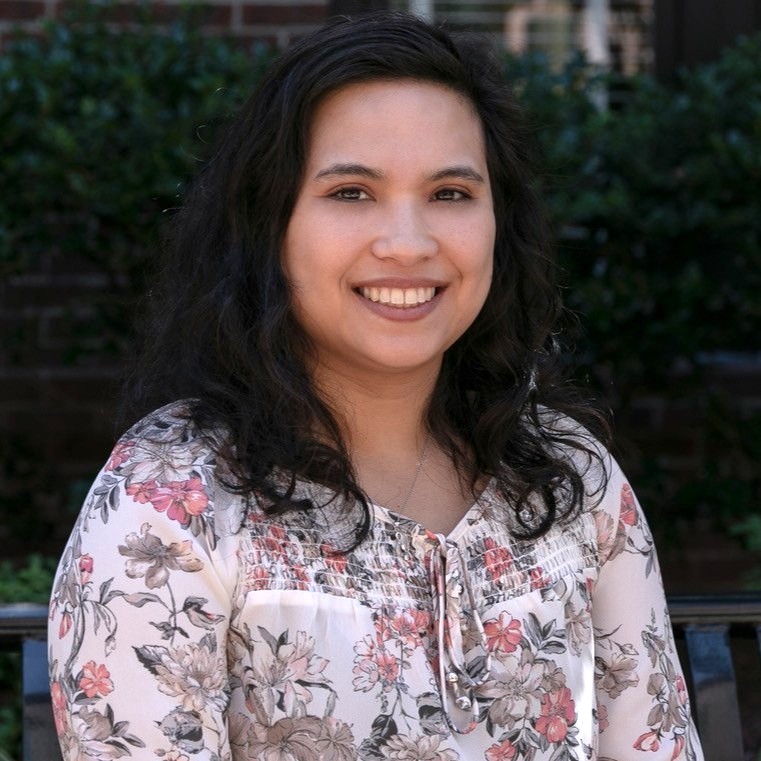AASA’s New Focus on Student and Child Privacy
December 01, 2023
Inside AASA

In November 2022, AASA created the Student & Child Privacy Center, which aims to educate the organization’s members about the laws and policies that affect the confidentiality of student records.
The most prevalent issues currently affecting student privacy include the growing use of artificial intelligence technology, how to handle record retention through integrated data systems and issues related to education technology’s use of data.
The center’s three-person team, part of the association’s public policy staff, includes chief counsel Amelia Vance, director Katherine Kalpos and project director Morgan Leftwich.
The Student & Child Privacy Center is fully funded through partnerships with the Bill & Melinda Gates Foundation and WestEd.
Jacqueline Hyman, senior editorial assistant at School Administrator, interviewed the three staffers about their work. Their responses have been edited for clarity and length.
What brought you to AASA as part of the privacy project?
Amelia Vance: I’ve been working in student and child privacy for about a decade now. When I left the Future of Privacy Forum last year, I knew I wanted to do more of the work I had been doing but at less of a broad scale, so Noelle Ellerson Ng (AASA’s associate executive director of advocacy and governance) was one of the first people I met with, and she was really interested in providing superintendents with more opportunities to receive the technical assistance they might need.
Katherine Kalpos: I worked with Amelia on privacy for the past couple years and had a working relationship with Noelle. Having had those previous ties, it was really a natural fit. I was grants manager at the American Political Science Association.
Morgan Leftwich: I went to Penn State Law School, where Amelia was one of my professors. Afterward, I studied for the bar and then began working as a privacy consultant. I worked for Amelia after that and with Katherine.
What are the goals of the Student & Child Privacy Center, a new program for AASA?
Leftwich: It’s about making sure people have access to information so they are in the loop and can voice opinions about how things will affect them. Kids spend a lot of time in school and if things accidentally impact schools, we want to make sure superintendents have the resources to be part of the conversation.
Vance: We don’t lobby. We’re providing specific expert information. Noelle or Sasha Pudelski (AASA’s advocacy director) will bring one or more of us in to provide legal expertise and analysis. Our focus is along the lines of “Here’s factually what this is (about) and the impact it is likely to have.”
We also have a defensive, rapid-response side to our work. Shortly after we started at AASA, we had all of these congressional developments that we didn’t really anticipate. We worked with the advocacy and governance team to provide expertise on the existing law, explained how this would change that law and discussed what impacts may occur on the ground.
Kalpos: Everything is moving rapidly. Things are very interconnected. Already this year there’s been a lot of movement from the White House that we don’t usually see.
We are starting to look at all the cybersecurity breaches in schools … How to be better prepared when these really horrific things happen.
What do your roles within the center entail?
Kalpos: We’re small and scrappy. I think all of us are kind of touching everything. I’ve been working more on the administration and grants side.
Vance: I’m often not only the public face of the center, but also provide background information and a broader perspective. I was invited to speak at the Education Writers Association conference in June to talk about some of the issues.
Leftwich: It’s a lot of research, watching news, pulling together information and consolidating it down into an understandable and fun-to-read format — or not always fun, but making it into short, digestible pieces.
What do you think is unique about this project and AASA’s approach to student privacy?
Vance: Part of it is certainly our look beyond just education and our understanding of privacy more broadly. We’re not just looking at what’s happening in education communities. We’re also examining what could or is likely to impact schools.
I’m really excited about the fact that AASA is leaning into privacy and on other tech issues such as the emergence of artificial intelligence.
Kalpos: AASA’s advocacy department has amazing relationships with other stakeholders in the field. Those relationships are invaluable so thinking about these issues ends up having better outcomes.
What do you like best about the work you’re doing with AASA?
Leftwich: I love that we get to look out for children and protect their interests that they may not understand and that we can protect their privacy.
Kalpos: How fast-moving this work is. It never gets stale because there’s always a relevant policy issue. It’s great to be on the forefront of an initiative.
Vance: The work we’re doing really makes a difference. These are new areas for policymakers so expertise is rare here. There is perhaps a much greater opportunity to fix things on the front end.
Inside AASA is an occasional column about principal employees and priorities of the association.
Author
Advertisement
Advertisement
Advertisement
Advertisement




